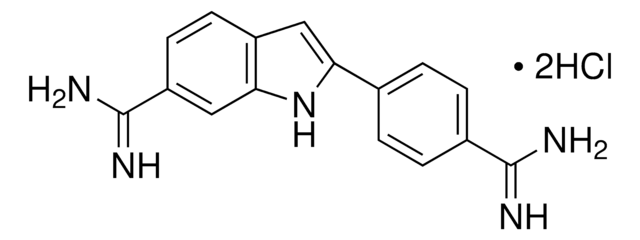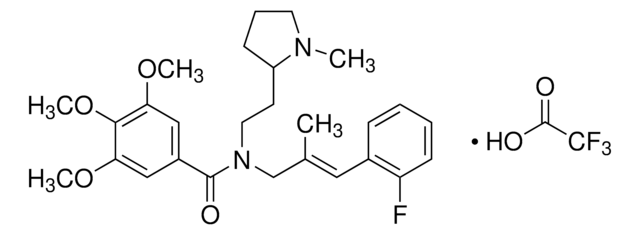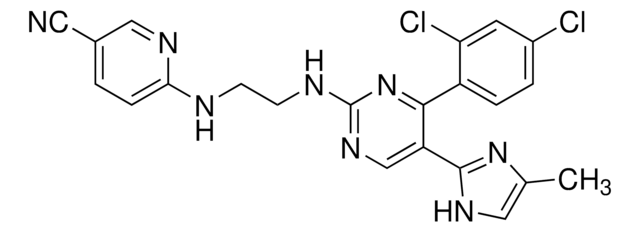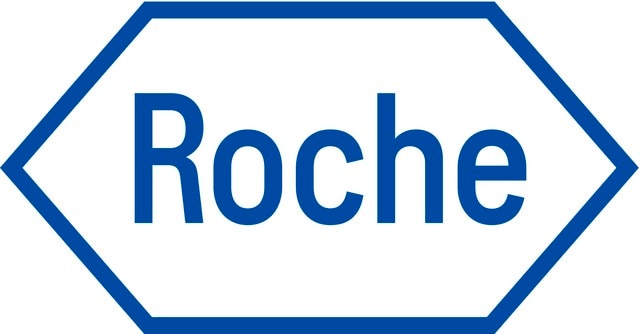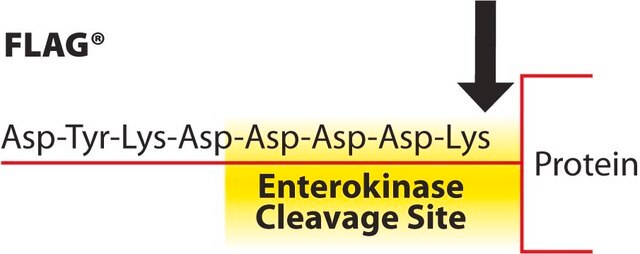12-372
Histone H4 Peptide
biotin conjugate, residues 2-24
Sign Into View Organizational & Contract Pricing
All Photos(1)
About This Item
UNSPSC Code:
12352202
eCl@ss:
32160405
NACRES:
NA.41
Recommended Products
product name
Histone H4 Peptide, biotin conjugate, residues 2-24, Histone H4 Peptide, biotin conjugate, residues 2-24 primarily used in Immunoprecipitation and Affinity Precipitation Assays.
Quality Level
manufacturer/tradename
Upstate®
technique(s)
affinity precipitation assay: suitable
immunoprecipitation (IP): suitable
NCBI accession no.
UniProt accession no.
shipped in
dry ice
Related Categories
Quality
Routinely evaluated by HAT Assay as a substrate in histone acetyl transferase (HAT) and deacetylase assays. For additional information, please refer to HAT and HDAC assay kits (catalog #17-289 and #17-320).
Legal Information
UPSTATE is a registered trademark of Merck KGaA, Darmstadt, Germany
wgk_germany
WGK 1
flash_point_f
Not applicable
flash_point_c
Not applicable
Certificates of Analysis (COA)
Search for Certificates of Analysis (COA) by entering the products Lot/Batch Number. Lot and Batch Numbers can be found on a product’s label following the words ‘Lot’ or ‘Batch’.
Already Own This Product?
Find documentation for the products that you have recently purchased in the Document Library.
S Ait-Si-Ali et al.
Nucleic acids research, 26(16), 3869-3870 (1998-08-01)
Histone acetyl-transferases (HATs) seem to be key elements in the regulation of transcription. We have designed an enzymatic assay to quantify HAT enzymatic activity. In this assay, the substrate is a peptide corresponding to the 24 first amino acids of
Neonatal exposure to sucralose does not alter biochemical markers of neuronal development or adult behavior.
Henrik Viberg,Anders Fredriksson
Nutrition null
K G Tanner et al.
The Journal of biological chemistry, 274(26), 18157-18160 (1999-06-22)
Within chromatin, reversible acetylation of core histones is critical for transcriptional activation of eukaryotic target genes. The recent identification of intrinsic histone acetyltransferase (HAT) catalytic activity from a number of transcriptional co-activators (including yeast GCN5, p300/CBP, P/CAF, and TAFII250), has
Our team of scientists has experience in all areas of research including Life Science, Material Science, Chemical Synthesis, Chromatography, Analytical and many others.
Contact Technical Service